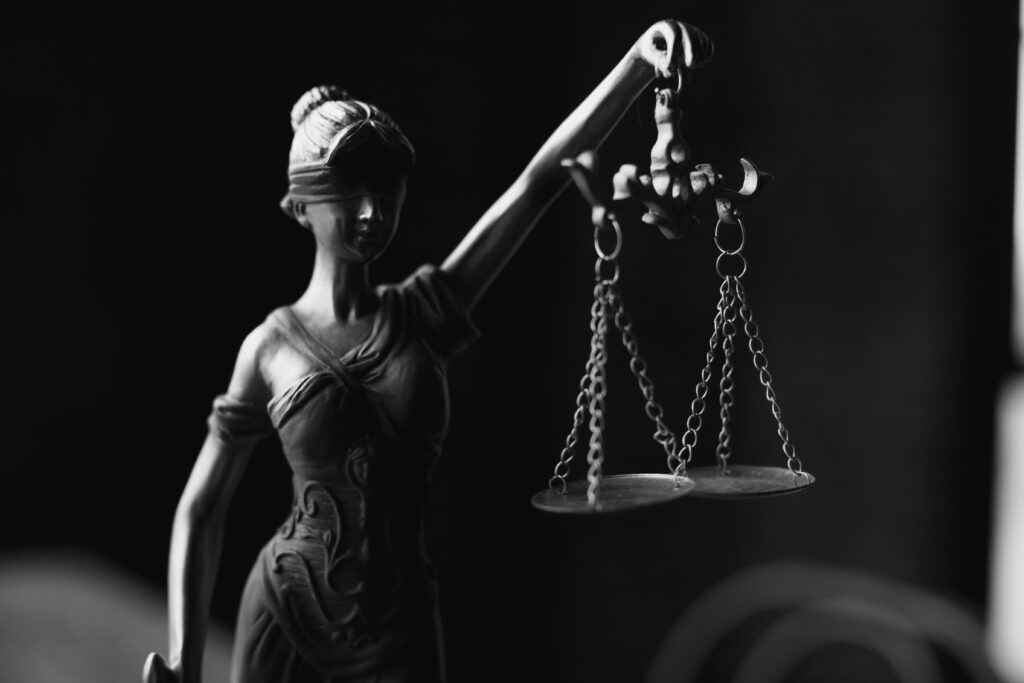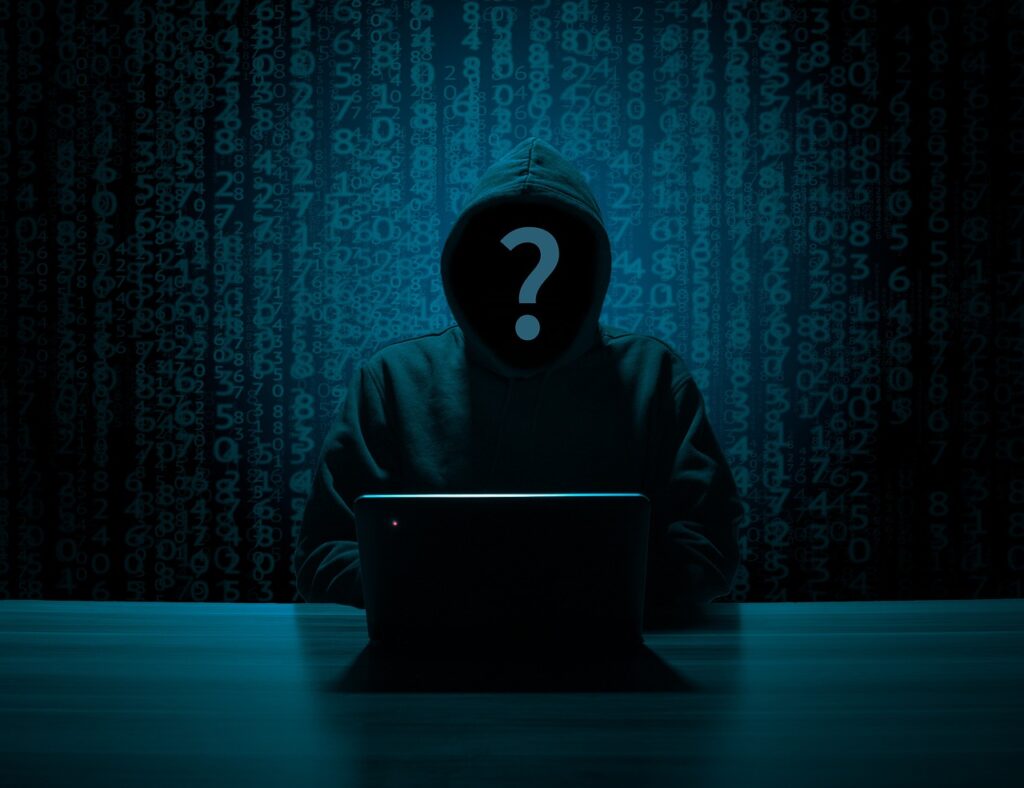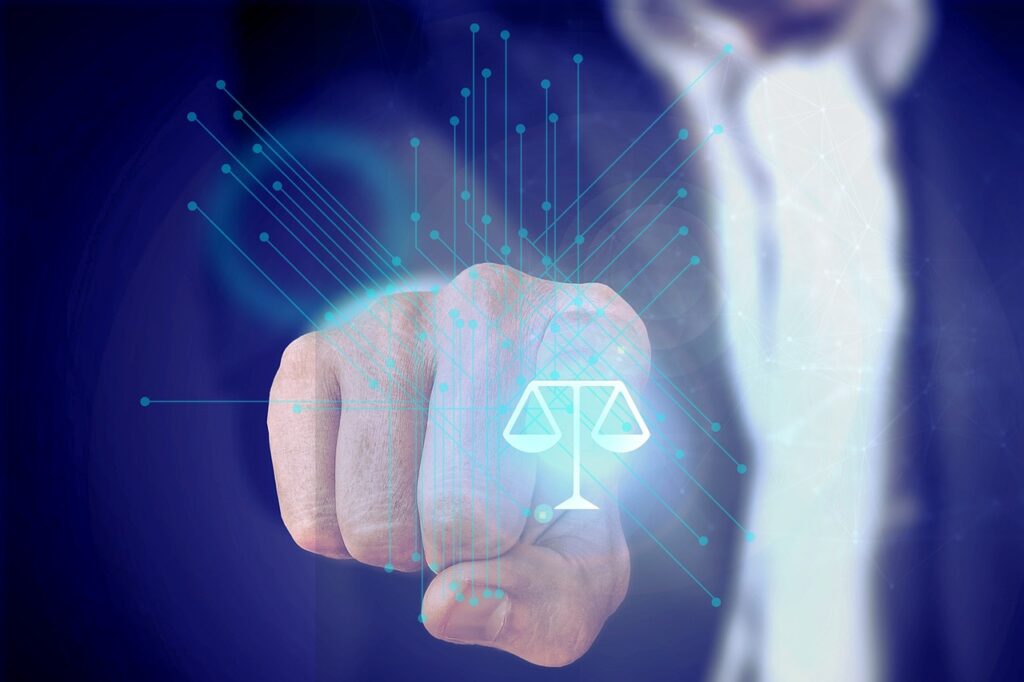Published On: September 30th 2025
Authored By: Rupsha Mukherjee
SOA National Institute of Law (SNIL)
ABSTRACT
Digital technology and democracy are now profoundly connected, bringing both advancement and serious concerns. The internet and social media have made it easier for people to participate in political discourse and obtain information. Still, they have also made it much simpler for erroneous or misleading material to proliferate, particularly during election periods. Despite the existence of laws like the Representation of the People Act 1950, the Information Technology Act 2000, and the Indian Penal Code 1862, their implementation is sometimes patchy and ineffective. During elections, the internet and social media have increased public engagement and information availability, but they have also made spreading false information easier. This article explores the legal challenges that arise when false or misleading content circulates online and threatens the integrity of electoral procedures.
A significant obstacle in combating digital misinformation during elections is the deceiving boundaries between free expression and negative content. Although many internet websites frequently showcase themselves as unbiased epitome, their algorithms have the power to magnify sensational or inaccurate stories, giving them greater exposure than factual information. In addition to warping public opinion, this puts pressure on regulatory agencies that have to strike a balance between the need to uphold democratic integrity and the right to free speech. The lack of precise legal guidelines for what constitutes election-related disinformation makes enforcement even more difficult and leaves room for arbitrary interpretation.
This article looks at the function of digital platforms and the boundaries of governmental control in a democracy. It raises attention about how it can be used to maintain a balance between the necessity to preserve individuals’ rights in elections and the right to free speech. This article makes the point that India requires more robust institutional responses and more transparent legal policies, referring to case law, expert ideologies, and recent uprising issues. Preserving democracy today requires a legal approach, accountable platforms, and awareness to combat digital misinformation effectively.
INTRODUCTION
Elections are supposed to represent the people’s will, which can be shaped by open discussion and rational choices. They have made it likely for more individuals to contribute and communicate more rapidly, but they have also advanced into effective instruments for circulating misleading information. Digital lies can eradicate public opinion and affect voting behaviour in democracies like India, where voters rely significantly on what they read and see online. Today, the internet is not just a platform for public conversation; it is also a battleground where truth often struggles to survive. How can we protect free speech without allowing false information to jeopardize the fundamental rights of democracy? This is an urgent ethical and legal challenge that needs to be acknowledged.
Deepfakes, manipulated videos, targeted spread of misinformation, and false narratives during election seasons are not only political issues but also a serious form of crime. The Election Commission of India gives special emphasis to conducting free and fair elections, and tries to safeguard Article 324 of the Indian Constitution. They attack the legal reinforcements of these elections. Misinformation not only deceives voters but also erodes public trust in the election process as a whole when it proliferates uncontrolled. Pressure has now been placed on the legal system to keep up with this rapidly evolving threat.
The Supreme Court declared the necessity of precautionary and corrective actions with effective procedures against inflammatory, harassing, and fraudulent content on digital platforms in the Tahseen S. Poonawalla v. Union of India case[1], which is a profound example. The court gave its decision, even though the case concerned mob violence, it addressed a broader problem, that is, the absence of legislative preparedness to regulate online disinformation. Some instruments are provided by laws such as the Indian Penal Code and the Information Technology Act of 2000; however, they are frequently outdated or improperly used in digital contexts.
However, Regulation cannot compromise the freedom of expression protected by Article 19(1)(a) of the Fundamental Rights.
Courts have issued warnings time and again against extensive prohibitions or ambiguous limitations that can be used to stifle dissenting opinions or critics. Finding a precise legal balance between damaging digital lies and accepting political expression is difficult. The way Indian law handles this delicate balancing act is examined in this article. It will examine the strengths and weaknesses of the current legal framework as well as what a just and human rights-based response to digital disinformation during elections might entail.
Distorted facts cannot sustain a democracy, and free speech is essential to its survival. Achieving the proper legal balance is not only important, but also imperative.
THE BURDEN ON THE VOTER AND THE EROSION OF PUBLIC TRUST
Digital lies take over the political arena creating disturbance in the whole electoral system, the average person is left to navigate a confusing web of false information and twisted facts. Unrestrained disinformation propagation not only misleads voters but also undermines their trust in the democratic process. What used to be an ideological conflict has evolved into an algorithmic one in which the truth frequently forfeits ground.
Reports from the BBC revealed the extensive distribution of deepfake movies that mimicked political figures during the general elections of 2024[2]. One such film, which was widely criticized until it was disproved, purportedly presented a senior minister criticizing reservation laws.
Voters are plunged into a maze of half-truths and fabricated facts when digital lies intrude political discourse. This misunderstanding erodes trust in democratic systems. Current progresses include the accusations made by Rahul Gandhi’s that the Election Commission has enabled ” vote-rigging” in the 2024 election[3]. His assertion that there were more than ten thousand of fraudulent voters in Karnataka was denied by the chief electoral commissioner of Uttar Pradesh, who said it was a misunderstanding of the voter.
The government’s aim to establish a statutory verification agency which will benefit the whole procedure without the threats, initiatives had been taken under the IT regulations which has been halted by the Supreme Court, and has also stepped in. The Court raised significant legitimate concerns about arbitrary authority over digital content and freedom of speech.
To assist citizens in identifying election-related falsehoods in the face of increasing disinformation, Press Trust of India partnered with fact checkers at Logically in the year 2023[4]. These initiatives are important, but when electoral legitimacy is at stake, they are unable to completely undo the harm.
Democracy suffers when voters think the information, they see is unreliable or that the system is skewed. Voting itself becomes an uphill battle in that hazy world of uncertainty and dishonesty.
Similarly, throughout the election season, The Guardian newspaper disclosed that Meta had authorized political advertising in India that contained misleading data and incitement to religious intolerance[5]. Site standards purport to stop this kind of abuse, but vulnerabilities and a lack of enforcement let dangerous content get past them.
As a result, voters are left questioning what they see and hear in this digital battlefield. According to a thorough research published in 2024 by Koan Advisory, in the elections in 2019 by itself, over 50,000 false posts were circulated millions of times[6]. Those aren’t minor incidents; rather, they are indicators of a more serious decay that could jeopardize the basis of public confidence. When knowledge is tainted, democratic decisions are put at risk. Democratic choices become untenable when the information well is contaminated. In a sea of dishonesty, voters are forced to make educated selections while treading carefully. It takes more than window decoration to regain trust. It calls for stricter legislation, vigorous content filtering, and extensive public awareness. Up until that point, democracy will continue to be precariously unstable as misinformation muddies the waters.
LEGAL REMEDIES AND THEIR LIMITATIONS
While there are regulations in India to combat digital confusion, most of them are ineffective when it comes to elections. Although the Information Technology Act of 2000 addresses objectionable content and cybercrimes, its applicability to disinformation is still unclear. Intermediaries are protected by Section 79 until authorities direct them to do otherwise. Although Section 69A is intended for threats to public order or national security, the MeitY Foundation released advisories in 2024 requesting that platforms identify deepfakes and remove them[7].
As mentioned in Section 499 of the IPC, untrue claims may occasionally be disputed by unlawful offence. However, the Hyderabad High Court rejected a complaint against Chief Minister Revanth Reddy, pointing out that political discourse is not necessarily illegal and might occasionally contain exaggeration.[8] In contrast, the Law Commission recently supported criminal defamation, citing the right to reputation under Article 21Section 66A of the IT Act was already invalidated in Shreya Singhal v. Union of India (2015)[9] due to its ambiguity and speech suppression. The Bombay High Court recently declared the 2023 fact-check unit illegal in Kunal Kamra v. Union of India[10], citing its lack of explicit protections.
In this digital torture, the legal system feels like a leaking umbrella that is too inactive, too limited, and frequently too late to shield voters from false information during an election.
CONCLUSION
The battle against digital misinformation during elections is no longer a remote concern but a current and vital issue. The Information Technology Act, the Representation of the People Act, and the Indian Penal Code offer an outline of legal precautions in India; however, in practice, these laws usually fall short. They are either too outdated to address the intricate digital deceptions of today or too ambiguous to be applied effectively. Consequently, false information continues to proliferate rapidly, leaving voters bewildered and eroding public trust.
At the core of this legal quandary is the voter, the citizen who must select their leaders in a landscape rife with manipulated content, altered videos, and cleverly concealed propaganda.
An increasingly detailed and progressive legal strategy that differentiates between intentional digital scams and acceptable political expression is required to maintain democratic integrity. Enhanced institutional checks, open tech platform policies, and a more capable public to challenge what it sees are also necessary for this. Democracy might wind up speaking with a forked tongue, and the truth getting lost in the clamour if such a collaborative effort isn’t made.
REFERENCES
[1] Tahseen S Poonawalla v Union of India (2018) 9 SCC 501
[2] BBC report on deepfake videos during the 2024 general elections, BBC News, ‘India Elections 2024: Deepfake Videos of Political Leaders Go Viral’ (BBC, 2024) https://www.lemonde.fr/en/pixels/article/2024/05/21/india-s-general-election-is-being-impacted-by-deepfakes_6672168_13.html accessed 10 August 2025
[3] The Hindu, ‘Rahul Gandhi Accuses Election Commission of Vote-Rigging’ (The Hindu, 6 May 2024) https://www.thehindu.com/opinion/editorial/fix-the-flaws-on-rahul-gandhis-stolen-elections-allegation-and-the-election-commission-of-india/article69910219.ece accessed 10 August 2025.
[4] Press Trust of India, ‘Fact-checking Partnership with Logically to Tackle Election Disinformation’ (Press Trust of India, 21 March 2023) https://www.exchange4media.com/media-print-news/press-trust-of-india-logically-collaborate-to-counter-election-related-misinformation-126819.html accessed 10 August 2025.
[5] The Guardian, ‘Meta Allowed Political Ads with Misinformation in India’ (The Guardian, 5 May 2024) https://www.theguardian.com/world/article/2024/may/20/revealed-meta-approved-political-ads-in-india-that-incited-violence accessed 10 August 2025.
[6] Koan Advisory Group, Disinformation in Indian Elections: Trends and Impacts (Koan Advisory, 2024)
[7] Ministry of Electronics and Information Technology, ‘Advisory on Identification and Removal of Deepfakes’ (MeitY, 2024) https://www.storyboard18.com/how-it-works/meity-issues-advisory-to-intermediaries-urges-to-remove-fake-content-swiftly-41592.htm accessed 10 August 2025.
[8] Press Trust of India, “Political speeches are often exaggerated”: ‘Telangana HC quashes criminal defamation against CM Revanth Reddy’ (Indian Express, 2 August 2025) https://www.indianexpress.com/article/cities/hyderabad/political-speeches-are-often-exaggerated-telangana-hc-quashes-criminal-defamation-against-cm-revanth-reddy-10164512/ accessed 10 August 2025.
[9] Shreya Singhal v Union of India (2015) 5 SCC 1.
[10] Kunal Kamra v Union of India 2024 SCC Online Bom 4833.




